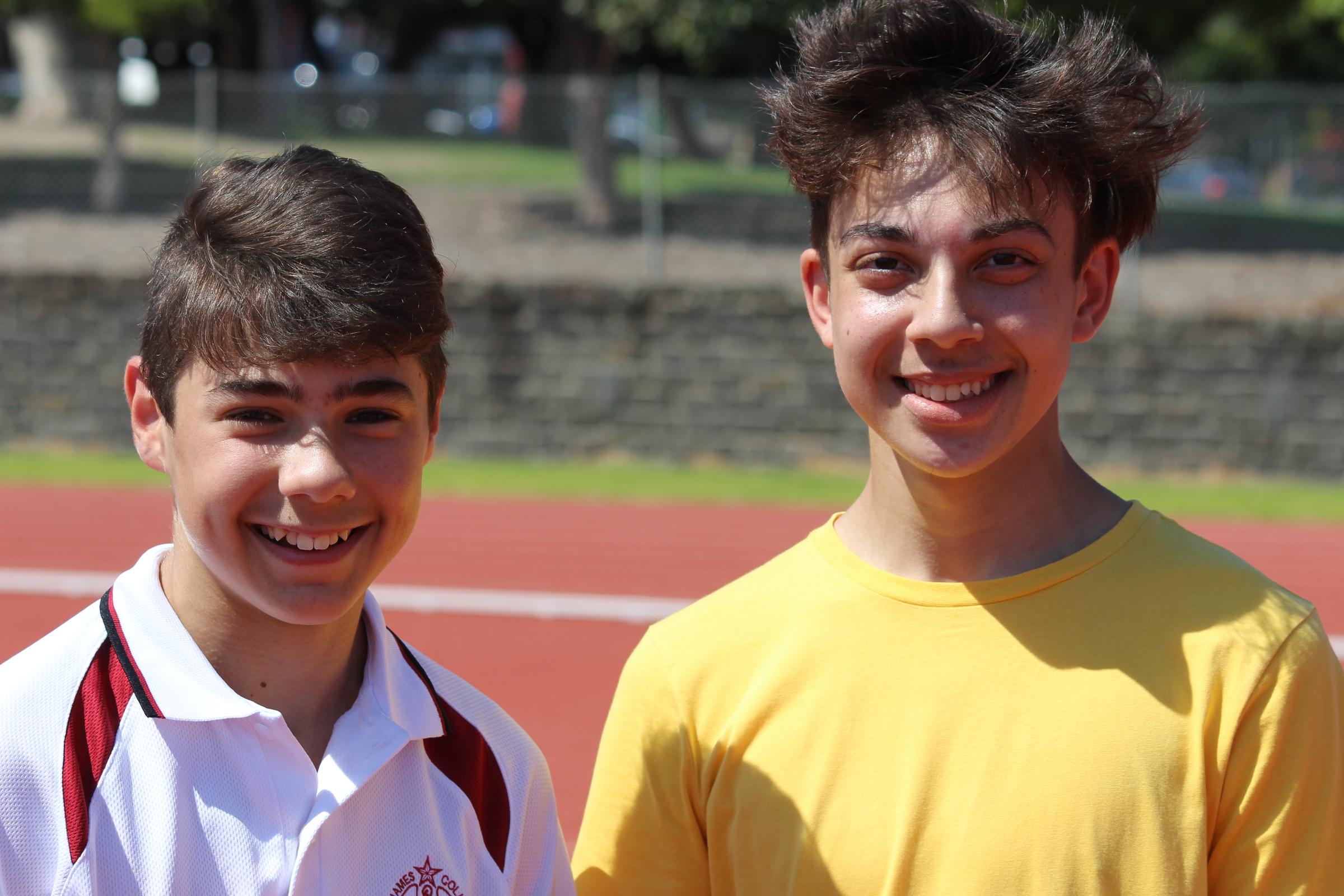Student Wellbeing

Hope
Today is a far cry from what we hoped for in 2020.
After Australia’s disastrous summer of bushfires, the unprecedented upheaval of the COVID-19 pandemic has seen serious social and economic effects for us individually and collectively.
Many of us feel grief, and with grief can emerge feelings of hopelessness and resignation.
We tend to lose hope when we can’t see a pathway to our goals.
At a time like this, it’s important we rethink our goals to create and maintain hope.
Why is hope important?
Hope provides a positive vision for the future, motivating us to look forward. While it’s an optimistic state of mind, hope can emerge from distressing and even tragic situations.
Research shows both mental and physical health deteriorate quickly when we don’t have hope. The opposite is true when we can maintain hope.
A lot of us are probably feeling a lack of hope right now
To have hope, it’s vital we feel a sense of meaning in our lives. Particularly during lockdown, having meaning or purpose can protect our mental health.
In recent months, two things that give our life meaning – work and connections with friends and family – have been disrupted.
Social distancing measures have meant many of the things we looked forward to have been cancelled as we stay at home.
The ongoing restrictions have had serious consequences for families.
We are now in a recession. Many people have lost their jobs and businesses, and millions of Australians are experiencing mortgage and rental stress.
All of this brings uncertainty and throws our plans into jeopardy.
Adjusting our goals
To work through grief and hopelessness, we need to modify our goals to ensure they’re realistic within the “new normal”.
It’s important to focus not only on long-term hopes, but on the short term too. If we focus too much on the future, we can lose sight of what is achievable and important to us now.
We should ask ourselves, what can we reasonably do this week or this month within current restrictions?
Things that are important to us – such as family, friends and career – are unlikely to change, but we may need to find new ways to connect with loved ones or feel accomplished in our jobs.
We can even think about setting goals daily. How can we do something to enact our values each day? This could be as simple as a kind gesture towards a loved one or neighbour.
Navigating uncertainty
Fear can get in the way of identifying pathways to achieving our hopes. To nurture hope we have to acknowledge our fears.
As things change, we should adjust our goals to ensure that they are still achievable. The goal may be as simple as “I will show up each morning…I will go for a walk each day”
Mindfulness meditation, focusing on the present can help.
Sharing hope
Sharing your hopes with trusted others means you’re supported not only to dream of exciting things, but also to make these things happen.
We are programmed to share in each other's hopes. Vicarious hope is the desire for something positive to happen to someone else.
It switches our attention to how our actions might contribute to other people’s hopes as well as our own.
Let us strive to be a community which feels an ongoing responsibility to focus on hope.
Throughout history, hope has risen from ruins. Out of this pandemic, we too can be hopeful and even dream of a better world.
Please don’t hesitate to contact me on the school mobile – 0422 649 597, or gvlamakis@sjcbe.edumail.edu.au if you or your son are needing a bit of support, coaching a ‘pair of ears’.
George Vlamakis
Counsellor
